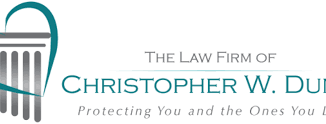
Written by Christopher W. Dumm, The Law Office of Christopher W. Dumm
People design estate plans for many different reasons. An estate plan protects your physical and financial well-being by ensuring documents are in place which designates trusted loved ones to handle your affairs should suffer incapacitating injury or illness. An estate plan also protects your family’s business (if one exists) by providing the framework required to draft a robust family business succession plan. Lastly, an estate plan acts to protect your assets and ensure they end up in the right hands when you die.
However, all of this is only true if your plan is well-drafted and forward-looking. After all, there are many pitfalls on the road to organizing your affairs that, if not avoided, can end up costing heirs in the long run. The list is long and, so as not to skimp on details, we present the most common among these in a two-part article series.
Read the first part here.






Be the first to comment